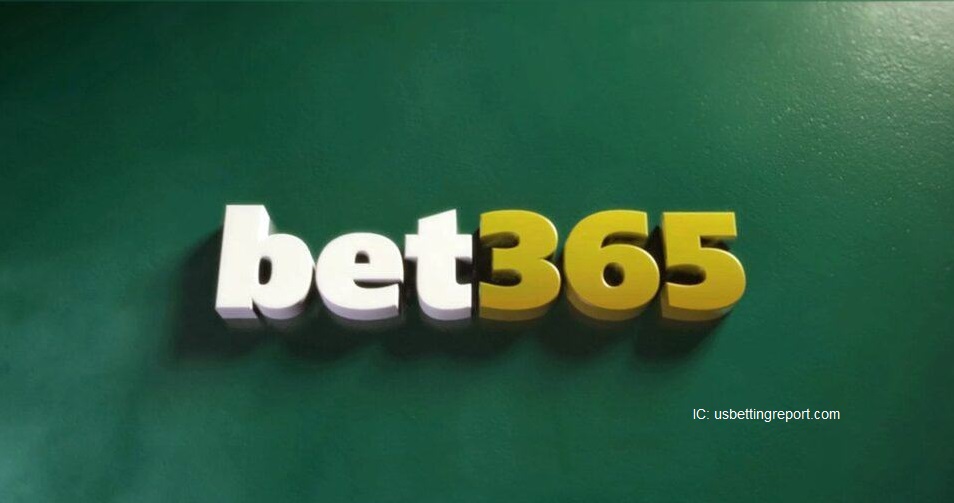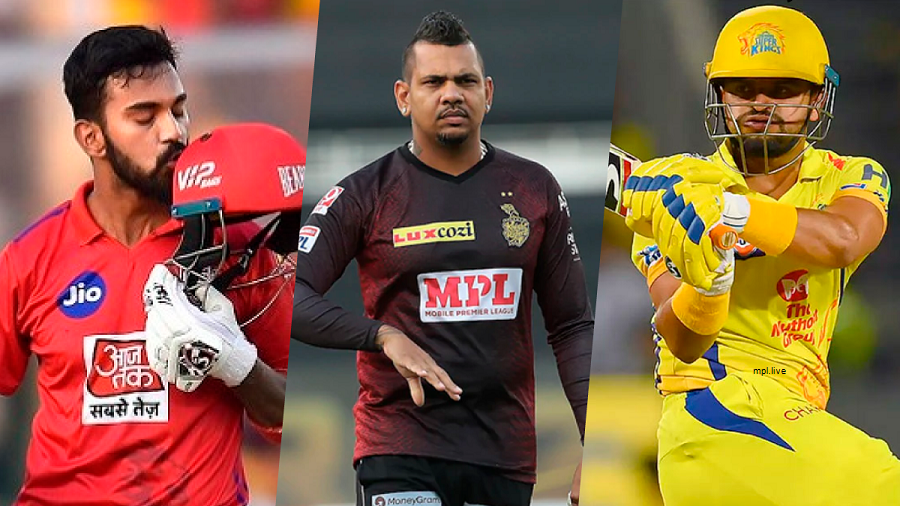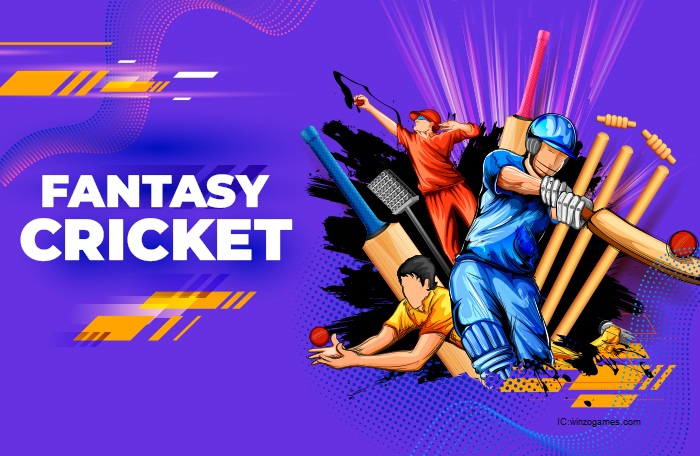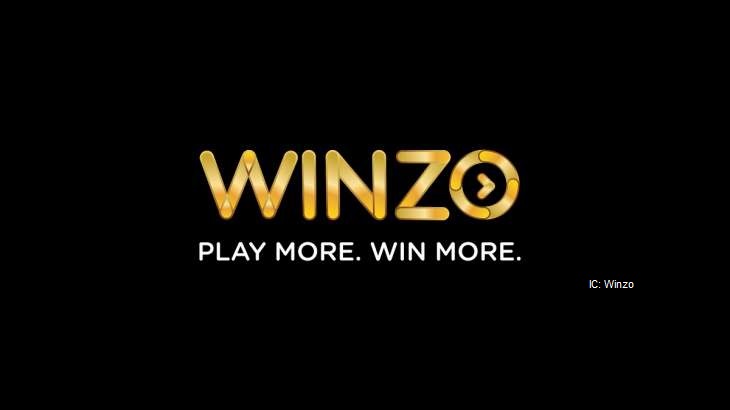
Delhi-based online gaming startup Winzo announced on
Thursday that its app will be available for download through the central government's
mobile app store, mSeva. With this listing, Winzo becomes the third business
awareness app to be available on mSeva, alongside online payment platform Paytm
and social media app Koo.
The mSeva app store, which was built in 2011, has had
little success so far, even after a new adoption drive last year. In April of
this year, Mint reported that the service had less than 90 million app
downloads after more than 11 years of operation, compared to more than 27
billion downloads in the country in 2021. Saumya Singh Rathore, co-founder of
Winzo, said in a statement that mSeva subscriptions will help increase the
reach of "many" services.
The listing of Winzo and mSeva comes amid the latest
lawsuit against Google's Android maker. On September 21, the startup filed a
lawsuit against Google in the Delhi High Court, alleging that Google's decision
to limit online gaming services to only fantasy games and rummy was
"arbitrary" and "discriminatory".
The lawsuit itself was prompted by changes made to the
Google Play Store rules that came into effect on September 7. As part of the
new law, Mountain View, Calif. The company is working on a "limited-time
pilot program" to list online game applications that offer "daily
fantasy games" (DFS) and rummy. Currently, the distribution of such
applications in the Play Store is prohibited, due to the Google Play Store's
policy against gambling activities.
Winzo's press release on its listing on mSeva said the move
was aimed at undermining Google's right to choice and distribution of apps and
high commission fees. The report went on to say that 95% of all smartphones in
India run on Android, giving Google the ability to 'dominate' the industry.
Google's Play Store Discriminatory Policy has already
attracted a fine of Rs 2,337 crore from the Competition Commission of India
(CCI) for two sanctions, one of which deals with the Play Store's
discriminatory marketing practices and policies. However, the online gaming
industry in India itself is currently in a state of flux. Although the Supreme
Court has set a precedent by deciding to separate online gambling from
gambling, the recent Tamil Nadu law seems to have closed the gap between the
two. The final should be contested in the short circuit, next year.
In another instance,
another online gaming startup, Gameskraft, was taxed a goods and services tax
(GST) of ? 21,000 crore – against a startup cost of ? 1,500 crore. So far in
the case, the legal representatives from the Directorate General of GST Intelligence
(DGGI) have said that Gameskraft is subject to the "practical claims"
since their offer falls within the scope of gambling - and the introduction of
GST will be put in place to protect it. interest of the department of the
department.

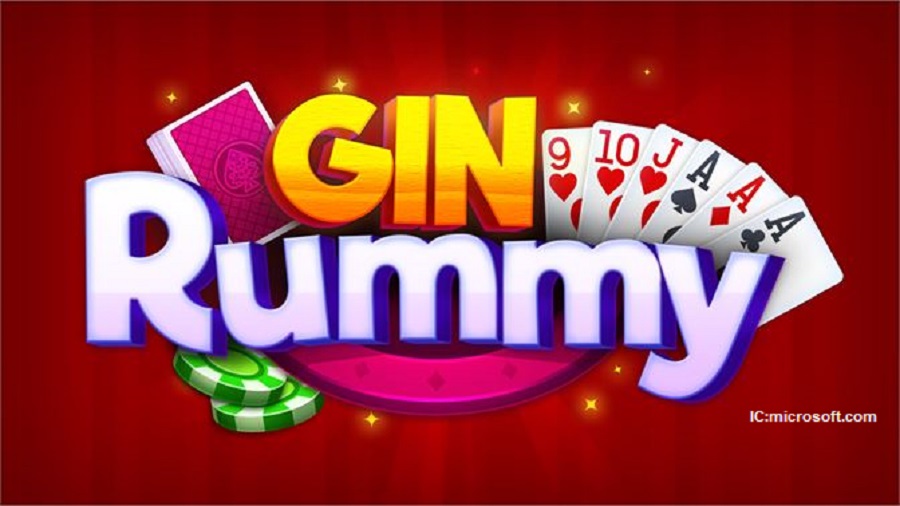






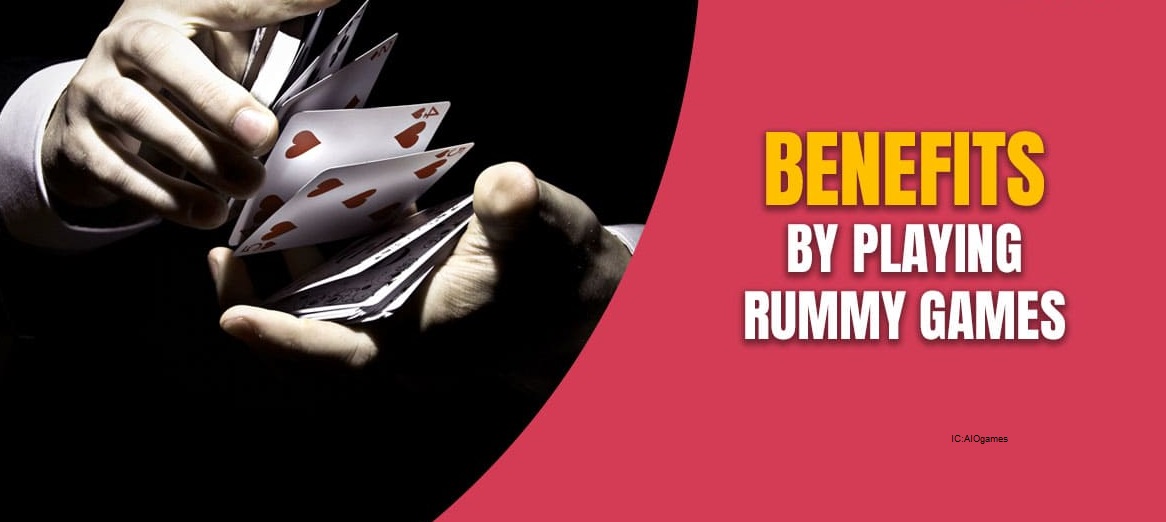





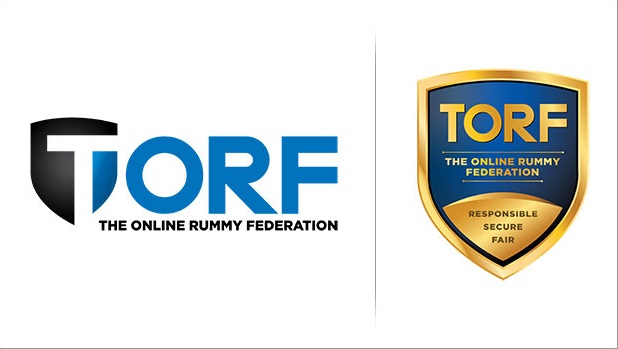





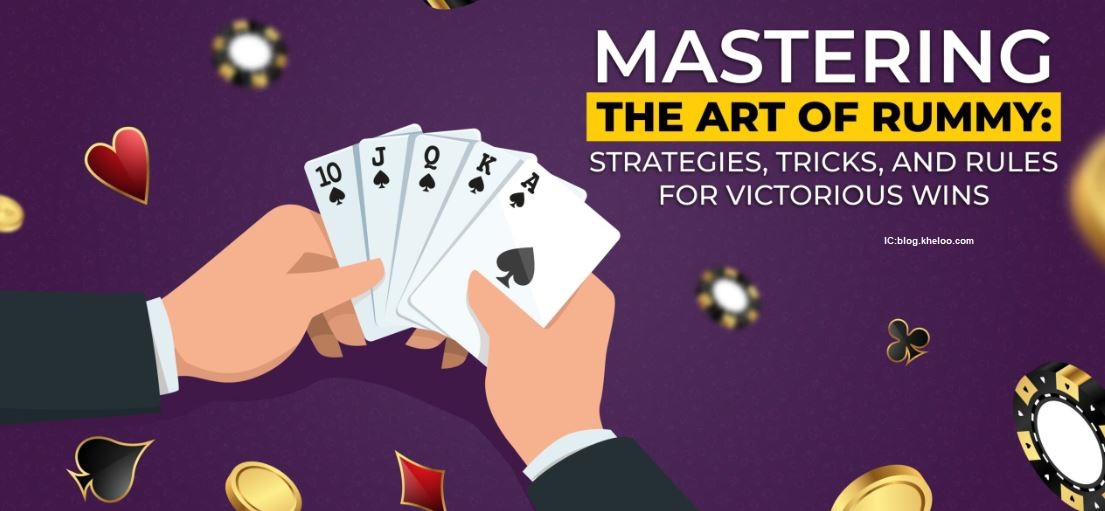
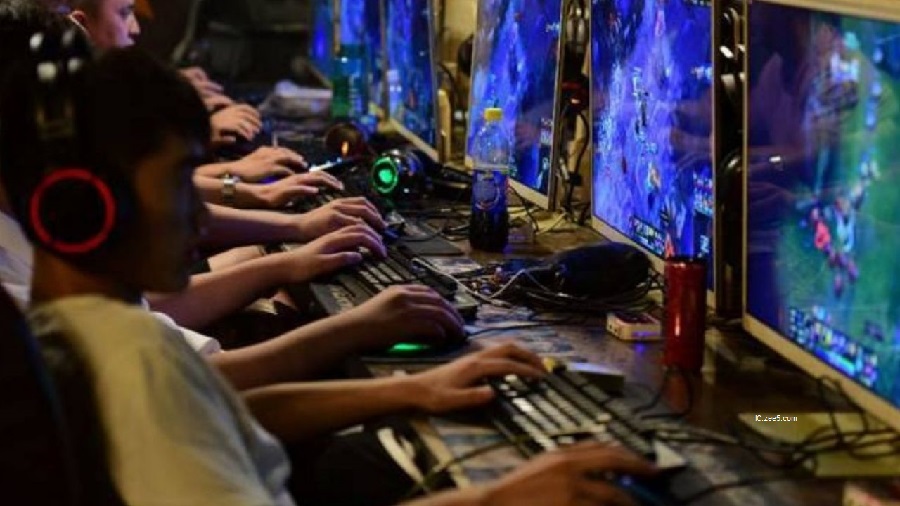

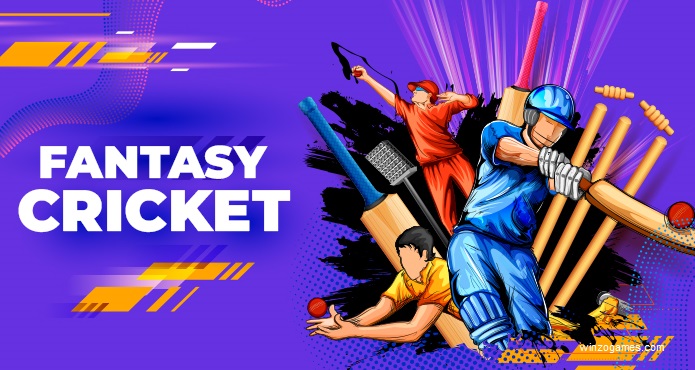




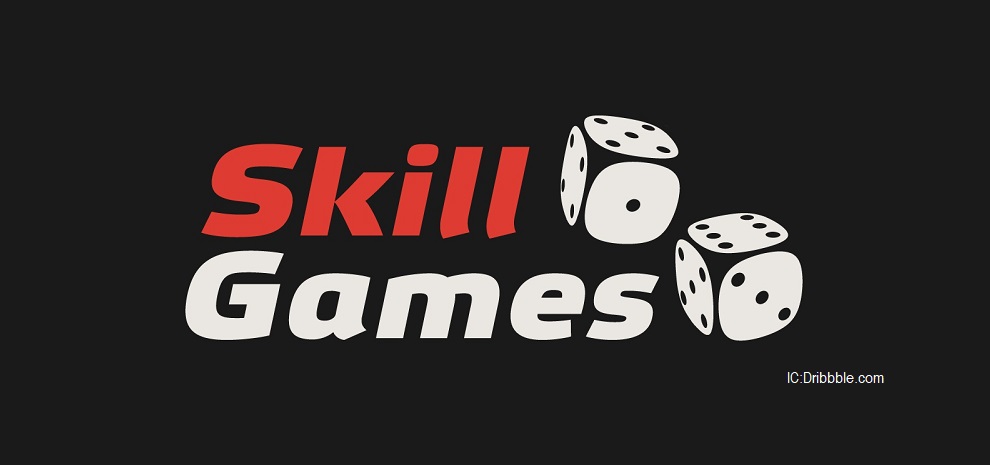




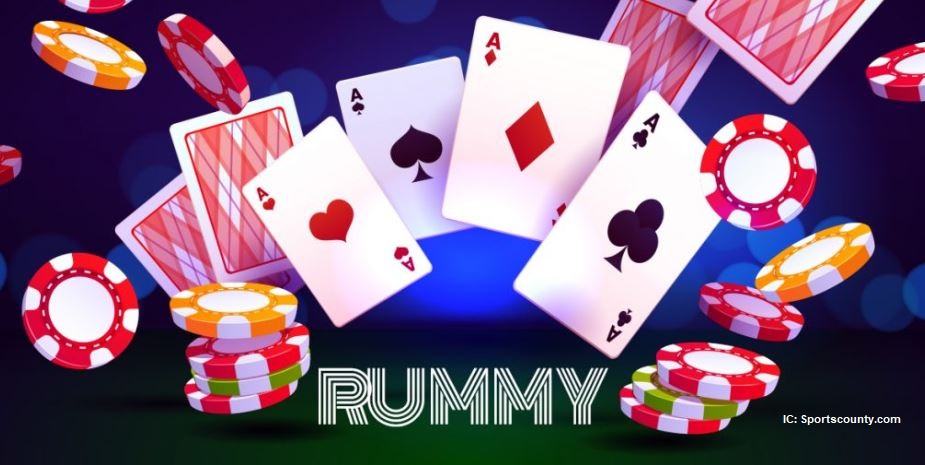






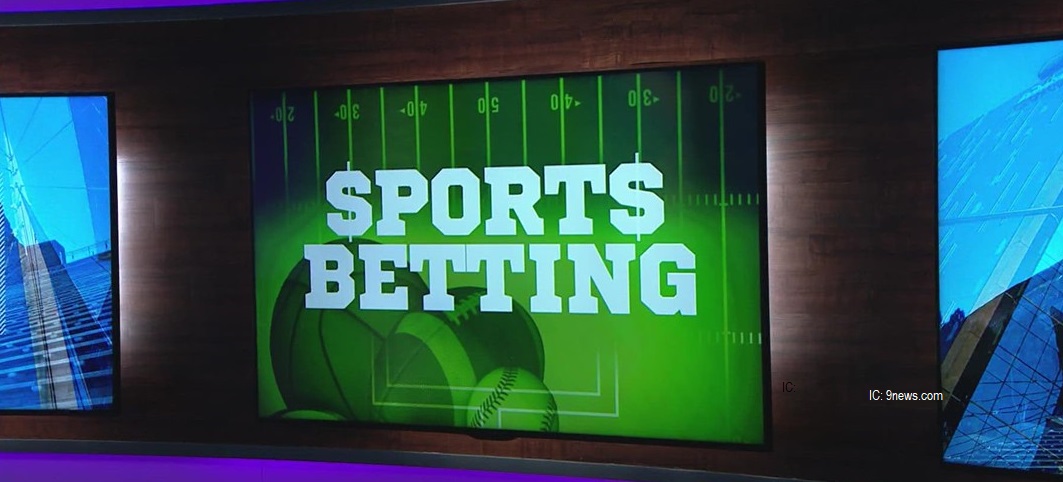
.jpg)
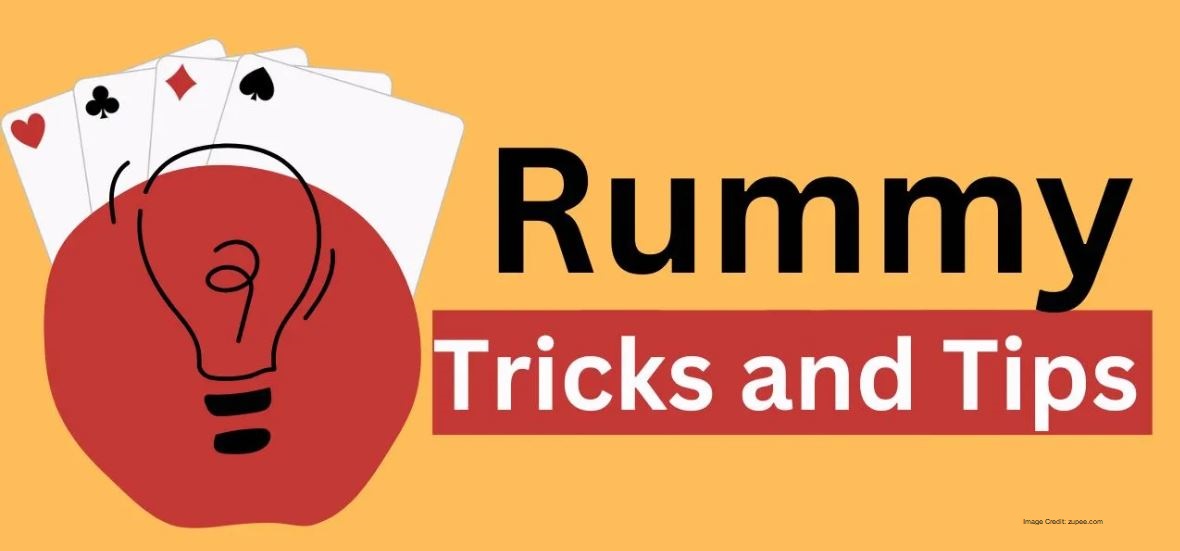

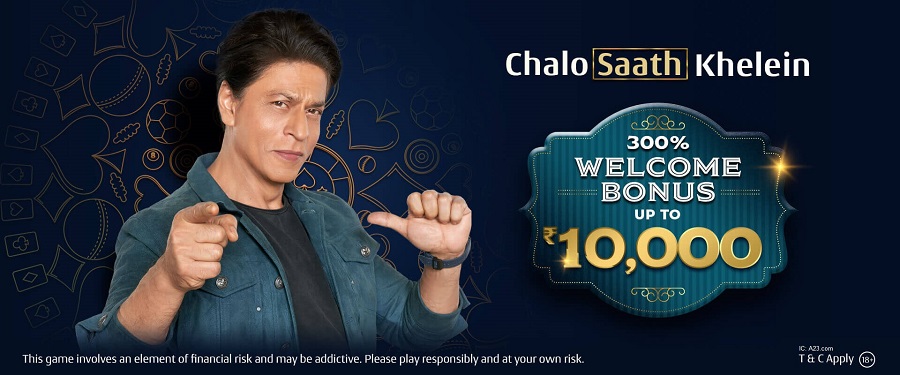

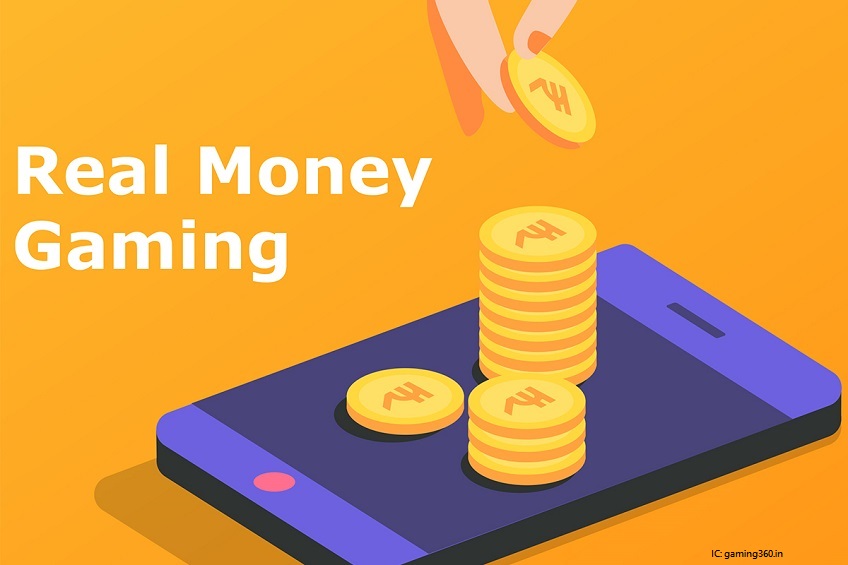


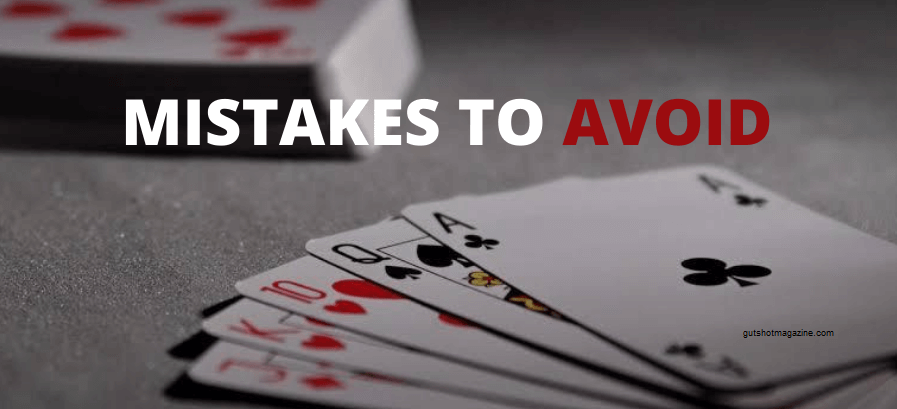








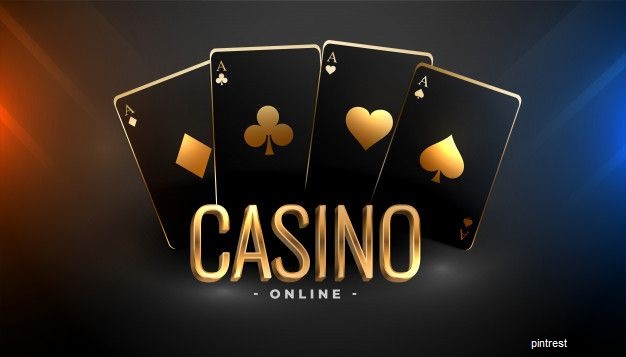



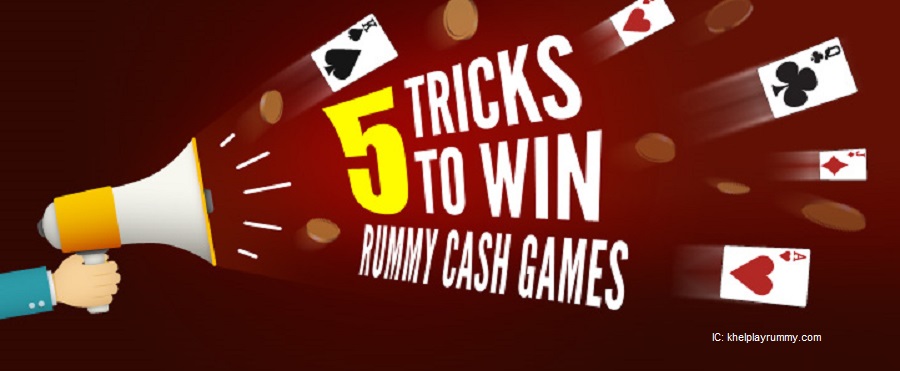



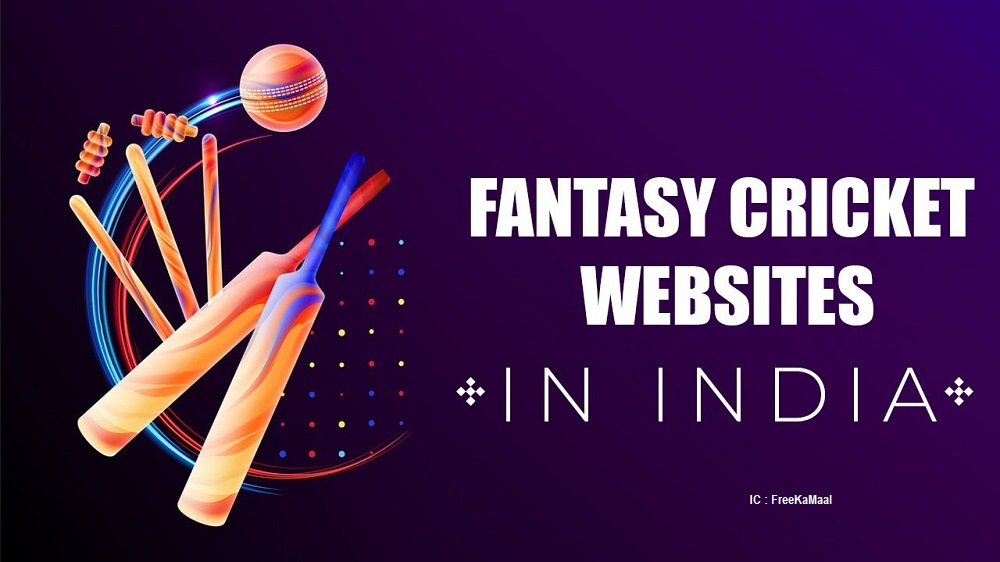
.jpg)


